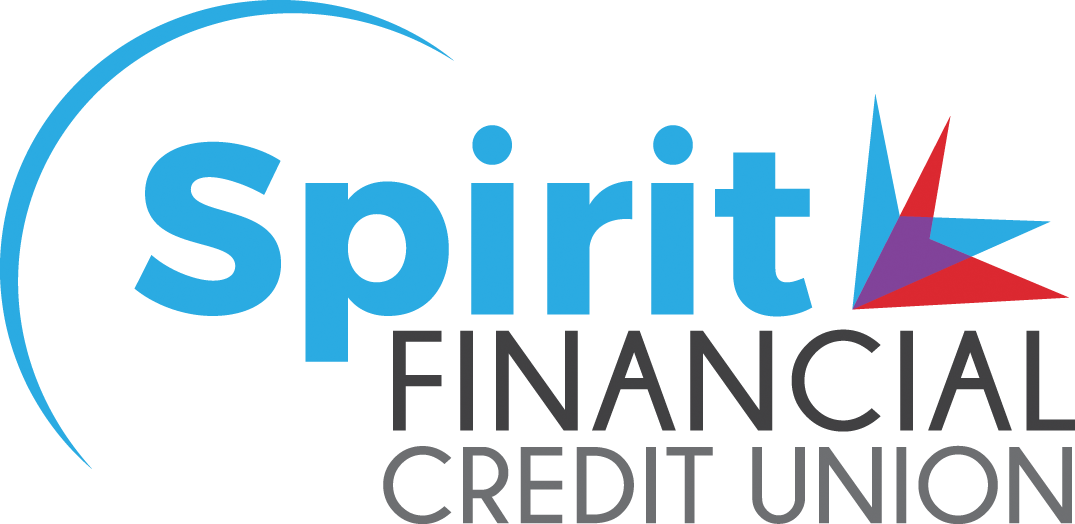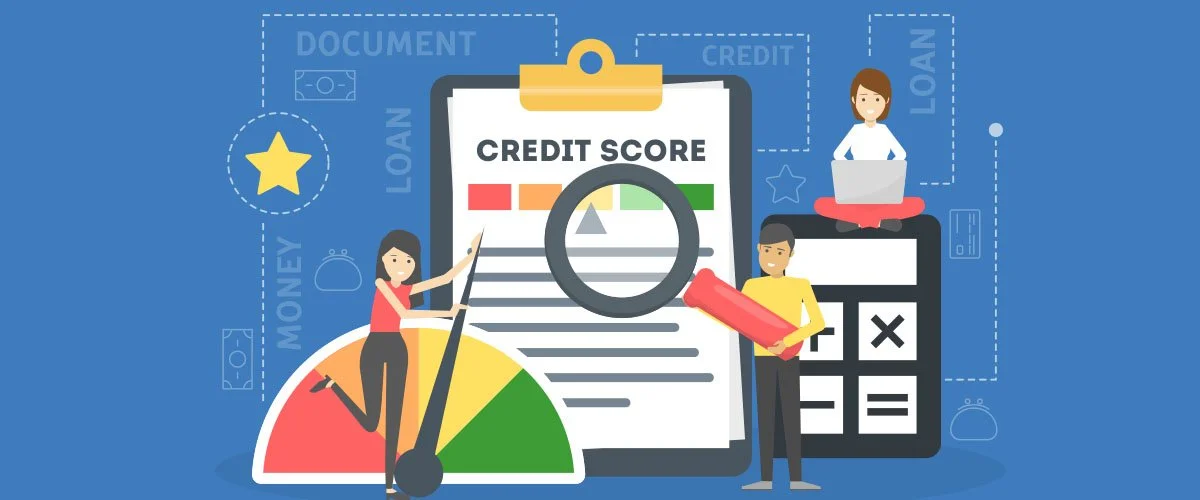6 Steps to Improve Your Credit Score
Never underestimate the power of your credit score. Lenders use your credit to assess your risk as a borrower. Scores usually operate within a range of 300 to 850. 750+ is considered an excellent credit score, while below 600 is considered bad. A low credit score may result in your being turned down for loans and credit cards or ending up with higher interest rates when borrowing.
What impacts your credit score?
Credit card utilization and payment history are both big factors in determining your credit score. Payment history comprises about 35% of your score. Paying your bills on time is going to help your credit score. This goes for all bills. If you think it’s okay to let that cell phone bill or car payment get behind a few months, it’s not. This is a red flag that you’re not very reliable when it comes to paying on time and your credit score will suffer. Credit utilization has a 30% impact on your score. It’s the amount of available credit you’re using at any given time. Experts recommend keeping your credit card utilization below 30%. If you have all of your credit cards maxed out, it’s going to lower your score.
Other factors that impact your credit score to a lesser degree are the length of your credit history, your credit mix, and the number of inquiries regarding your credit. Creditors like to see a history of on-time payments and long-term accounts. The length of your credit history accounts for about 15% of your credit score. You also get a better score when you have a mix of accounts, such as credit cards, loans, and more. Your credit mix accounts for approximately 10% of your overall score. Finally, new credit and frequent inquiries on your account could lower your score a bit in the short term. They account for about 10% of your score. Lots of inquiries could indicate a sign of financial trouble.
6 steps to fixing your credit score
Start reviewing your credit report for errors and determine areas for improvement.
Is all of your personal information correct? Are all of your credit accounts listed? Are there late or missed payments that you feel are reported incorrectly? Are you seeing accounts on your report that you don’t recognize? A thorough review is important. You are entitled to a free copy of your credit report every 12 months from each credit reporting company. This includes Experian, Equifax, and TransUnion. Request your free credit reports at AnnualCreditReport.com. Mistakes can be more common than you think. If you find an error, report it to the credit reporting company immediately. Perhaps your information has been mixed with someone with a similar name or an old collection account is still being reported. Fixing mistakes can help improve your score.
Create a plan to ensure all of your payments are made on time every month.
A great solution to never missing a payment is automating monthly payments. That leaves no chance of forgetting and dealing with a late payment and negative impact on your credit report. This not only includes credit cards and loans but also rent, utilities, phone, etc.
Get your credit utilization below 30%.
Achieving this means paying down credit cards and other revolving credit balances. Once you get yourself below that 30% credit utilization mark, stay there. Paying your balances off in full every month can help! Remember, you’re credit utilization is a big factor in determining your credit score.
Allow time for your accounts to age.
The longer your credit history, the better, but only if you’re making those payments on time! If you have a short credit history, it may take a while to improve your score. Finally, don’t close unused credit cards if you aren’t paying an annual fee. The longer the cards are open, even with no balance, the better for your history. This may also help your credit utilization percentage.
Strive for a mix of credit accounts.
Already have a car loan? Then apply for a credit card to add another account to the mix. Make small purchases that you can pay off each month to establish a payment history. Opening one card can help your mix, but avoid opening several at once, as it will show too many credit inquiries.
Avoid completing too many credit applications.
Those 10% or 20% discounts offered at the register when you’re making purchases are enticing, but they may not be the best things for your credit score. Especially when you’re applying for numerous cards in a short period of time. Practice self-control.
Most importantly, be patient. Building a solid credit history or improving a bad credit score takes time. There aren’t really any quick fixes. Negative items, such as bankruptcies and delinquencies remain on your credit report for years, so just focus on the things you can control as we’ve spelled out above. If you’ve developed a good history, all of the negative information will eventually fall off your report. Work on making all of your monthly payments on time and paying down your debt. It will be worth it when you eventually see your credit score begin to improve. Remember, the time to start working on improving that credit score is now.
If you’ve found yourself in a jam with credit card debt call or text a Member Service Representative at (267)-580-0230 or email memberservice@spiritfinancialcu.org.



